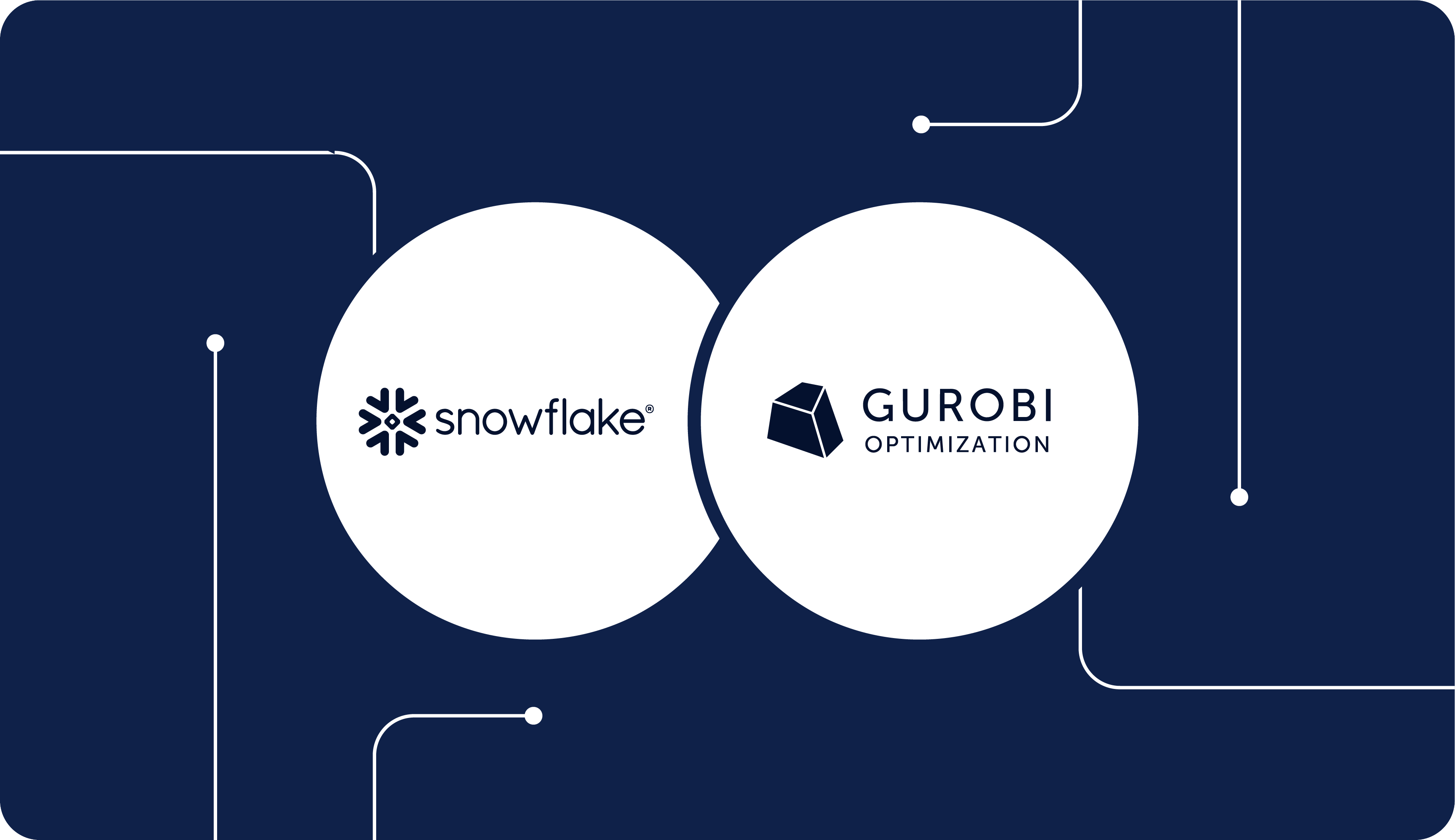
Optimization & Simulation

Few industries generate more data than manufacturing. The modern factory is brimming with sensors and connected devices, each of which generates a steady stream of data. This data is highly varied and can range from relatively straightforward logging of products passing through the production process to highly complex telemetry generated by machines on the factory floor. The challenge – an increasingly pressing one – is for manufacturers to make sense of this data. Using manufacturing analytics to derive insights from this data positions the manufacturer for great success as long as they can successfully modernize their processes for storing, transforming, and analyzing such data.
Manufacturing analytics is the application of statistics and data science techniques to data generated through the manufacturing process.
Traditionally, this industry produces a large amount of data on a machine or unit level for process control and automation. Layering in novel data sources, such as audio and video sensors attached to machine units enables manufacturers to view their process holistically. Unification of procurement data with production and distribution datasets provides the foundational data layer to enable advanced analytics. With newly available data generated every instant and new types of data becoming available, manufacturers can find novel opportunities to improve their processes with analytics.
Use cases to boost manufacturing productivity include:
At its core, manufacturing analytics make processes and products more efficient. Manufacturing analytics techniques lie on a spectrum ranging from descriptive and predictive to prescriptive:
Manufacturing analytics has several applications in manufacturing, including:
Monitor the health of a facility or a product line by summarizing and visualizing data to track key performance indicators with informative dashboards. Apply root cause analysis on historical data to answer questions such as “Why did machine X fail?” or “What caused the quality of batch Y to deteriorate?”
Understand how the changing of an operational lever will impact production yield, throughput, or quality with techniques like causal inference. Combine this with simulation, ML, and AI to identify important production parameters and their values to improve plant productivity.
Predict time to failure for machine instances or detect mechanical issues earlier with techniques like time-to-event modelling, survival analysis, and time series analysis. Incorporate these predictions into maintenance schedules and operating procedures to ensure optimal asset management.
Accurately forecast required inventory levels, raw material supply, and future demand to optimize inventory. Identify sufficient inventory levels, including safety stock levels with time series analysis, deep learning, and simulation to reduce excess storage costs and decrease time-to-delivery for other products.
Run production scenarios to isolate manufacturing bottlenecks with accurate simulation models that reliably predict plant operations. Minimize idle machine capacity by generating a data-driven, optimal production schedule that augments a scheduler’s current methods.
The net result of all these methods is the increase in overall equipment effectiveness (OEE) to ensure that a manufacturing facility is running at peak performance levels.
Aimpoint Digital has a history of providing value to our clients by analyzing manufacturing data.
Our team of Data Engineering, Data Analytics, and Data Science experts strives to exceed expectations. Utilizing techniques like visualization, machine learning, optimization, and simulation, our team will help you optimize your manufacturing process.
Contact us to increase your productivity with manufacturing analytics!
Whether you need advanced AI solutions, strategic data expertise, or tailored insights, our team is here to help.